Engine knock, pinging, pinking & detonation: Need to know
Is your car making that distinct sound? If your pride and joy is knocking, pinging or detonating, let us deal with the physics and practicalities of this problem, in case it ever happens to you…down there.
Typical of the automotive scene right there's one phenomenon and we give it four names we call it pinging, pinking, detonation or knock and they're all the same thing.
People get the wrong idea about what goes on in an engine because it happens so freaking quickly.
So let’s look at what's supposed to happen inside an engine if we slow it all down.
If you’re new here and need a quick fuel octane guide: here’s mine >>
Think about an engine doing 3000 RPM, which is hardly remarkable. That's 50 revolutions a second, and it needs two revolutions to do one complete cycle per cylinder. That means one 25th of a second for the four strokes - suck, squeeze, bang, and blow.
We're talking about the important one here, bang. That's 40 milliseconds for the four strokes, which means 10 milliseconds for one of them- bang. And 10 milliseconds is pretty quick, even in modern engine context. That’s one 100th of a second.
What happens is the spark plug fires, the valves are closed, the piston is almost but not quite at the top of the cylinder, it's up there ready to go. The spark plug fires, and then there's a flame front that starts and it wraps around the spark, and then it starts to expand.
People think this is an explosion, but it's not. It's really just burning, technically. The process is called deflagration, which is different to a high explosive, which detonates and makes a supersonic propagation of the flame front.
In a properly functional engine, there's one flame front and it grows from the spark outwards, in a controlled way, at a precise time in the cycle - even though the cycle is very, very quick.
When you hear ‘knocking’ upon start-up, it sounds like somebody's dropped a handful of ball bearings inside a big steel tank. That's because you get these other flame fronts that just begin spontaneously at the wrong time and they detonate, which means they propagate supersonically inside the combustion chamber. That's the rattling sound that you can hear.
What we're basically talking about here is uncontrolled detonation and whether this is bad or inconsequential really depends on how it happens.
This knock that people notice, because everything's happening quietly when the car’s at a red light at idle, maybe you've got the music off, whatever. You then put your foot down and maybe put your foot down a little too aggressively and you get that brief rattle that then goes away. This is more-or-less inconsequential. It really doesn't destroy engines.
What destroys engines is when you get the same phenomenon happen, but when you pull out to overtake a truck on a hot day, up a really steep hill and you bury your foot for about 20 seconds at or near maximum power. The engine knocks.
If that happens, what happens as a result of getting that detonation inside the cylinder, is that the pressure rises dramatically in an unforeseen way, beyond the design limits of the engine. It leads to the destruction of valves and melting pistons - among other things. That’s bad.
So, to fix this problem, should you run higher octane fuel? Here’s the truth >>
My AutoExpert AFFORDABLE ROADSIDE ASSISTANCE PACKAGE
If you’re sick of paying through the neck for roadside assistance I’ve teamed up with 24/7 to offer AutoExpert readers nationwide roadside assistance from just $69 annually, plus there’s NO JOINING FEE
Full details here >>
AutoExpert DISCOUNT OLIGHT TORCHES
These flashlights are awesome. I carry the Olight Warrior Mini 2 every day - it’s tiny, robust, and super useful in the field or in the workshop. Olight is a terrific supporter of AutoExpert.
Use the code AEJC to get a 12% discount >>
Generators suck! Go off-grid with AutoExpert BLUETTI PORTABLE POWER STATIONS
Need mobile, reliable power? If you’re camping, boating, caravanning or building a dirty big shed in the back paddock, and you need to run a refrigerator, lights, air conditioner, cooking, and/or a bunch of tools - Bluetti has a clean, tidy, robust solution…
Get your AutoExpert free shipping discount here: https://bit.ly/3n62heK
KNOCKING ON DEATH’S DOOR?
If your engine is knocking and you’re concerned about it, the first thing I would do is check the knock sensor - make sure that's working. I'd check the crank angle sensor and make sure the engine control computer knows where the crank is, because that's kind of important.
I'd be checking the timing chain for wear as well, because the precise orientation of the crank and the camshafts is quite important for overall functionality as well.
To fix knock, what you can do is retard the timing, you could increase the octane rating of the fuel. You could put a richer mixture in place as well, if you can tune the car at all, although that's probably a bad way to do it because adding more fuel just to keep things cooler, as it were, is an expensive way to cure an otherwise inconsequential problem.
You could lower the compression ratio if it was a real problem. Lowering the compression ratio is easy if you just manufacture up a slightly thicker head gasket and install that.
You could also just reduce your throttle input briefly, as a flip side of reducing the load on the engine. One of the things that does this is the inertial load of the vehicle on the engine when you accelerate. Hard acceleration will impose greater load.
Lastly, you could also fit water injection, because keeping things cool down there is a net benefit in so many ways and certainly this is the case with engine knock.
If you are concerned about the life of your engine, here are two simple hacks to make your engine last longer >>
As for the performance of one’s car on 91 (as it is designed to run on) versus the perceived increase in acceleration and ‘willingness’ from your engine when you give it a bootfull… This is just confirmation bias in play. We’re all a victim of it, some more often than others.
There’s is some benefit to running 98 - but it is such a tiny improvement you’re highly unlikely to notice - because you’re not that good. The only adaptation your car will make running 98 over 91, is a miniscule increase in torque at the crank. But it’s costing you much more money.
If you do have a knocking issue, you could try e10, which does have less energy and therefore will consume more, but at least it’s much cheaper, but has a higher octane than 91 and therefore will resist knocking earlier.





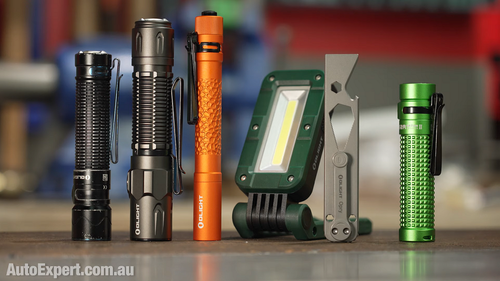

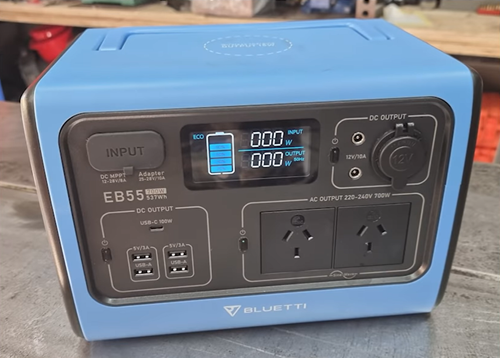
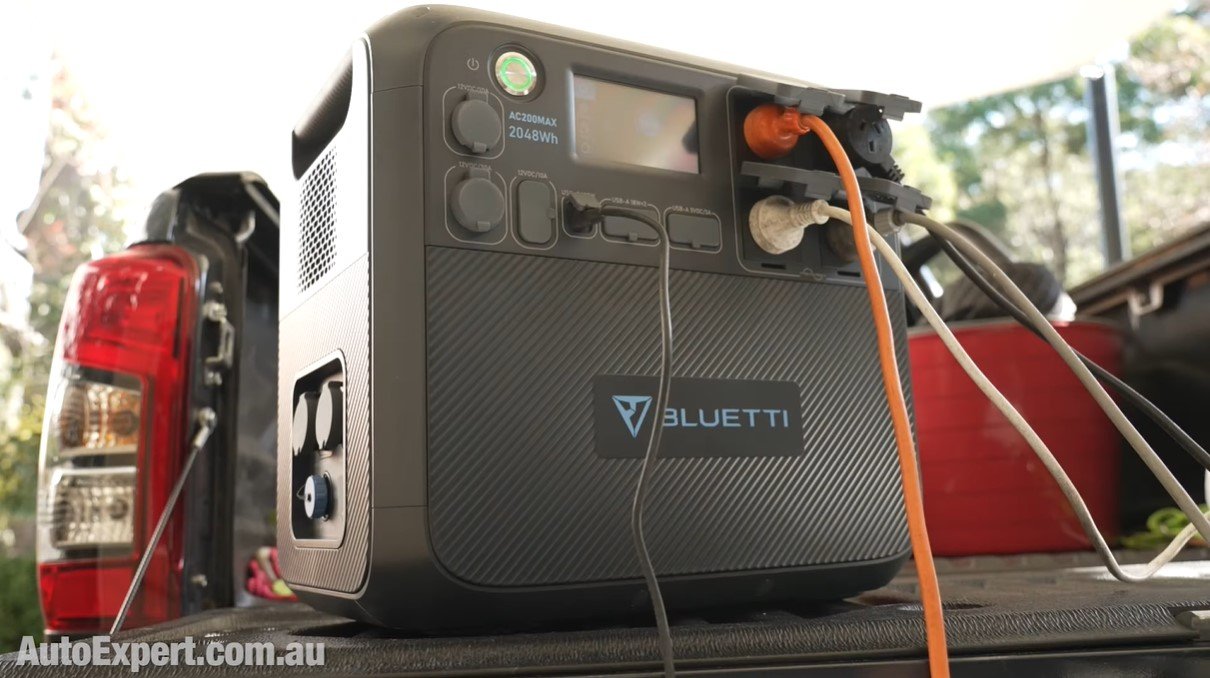





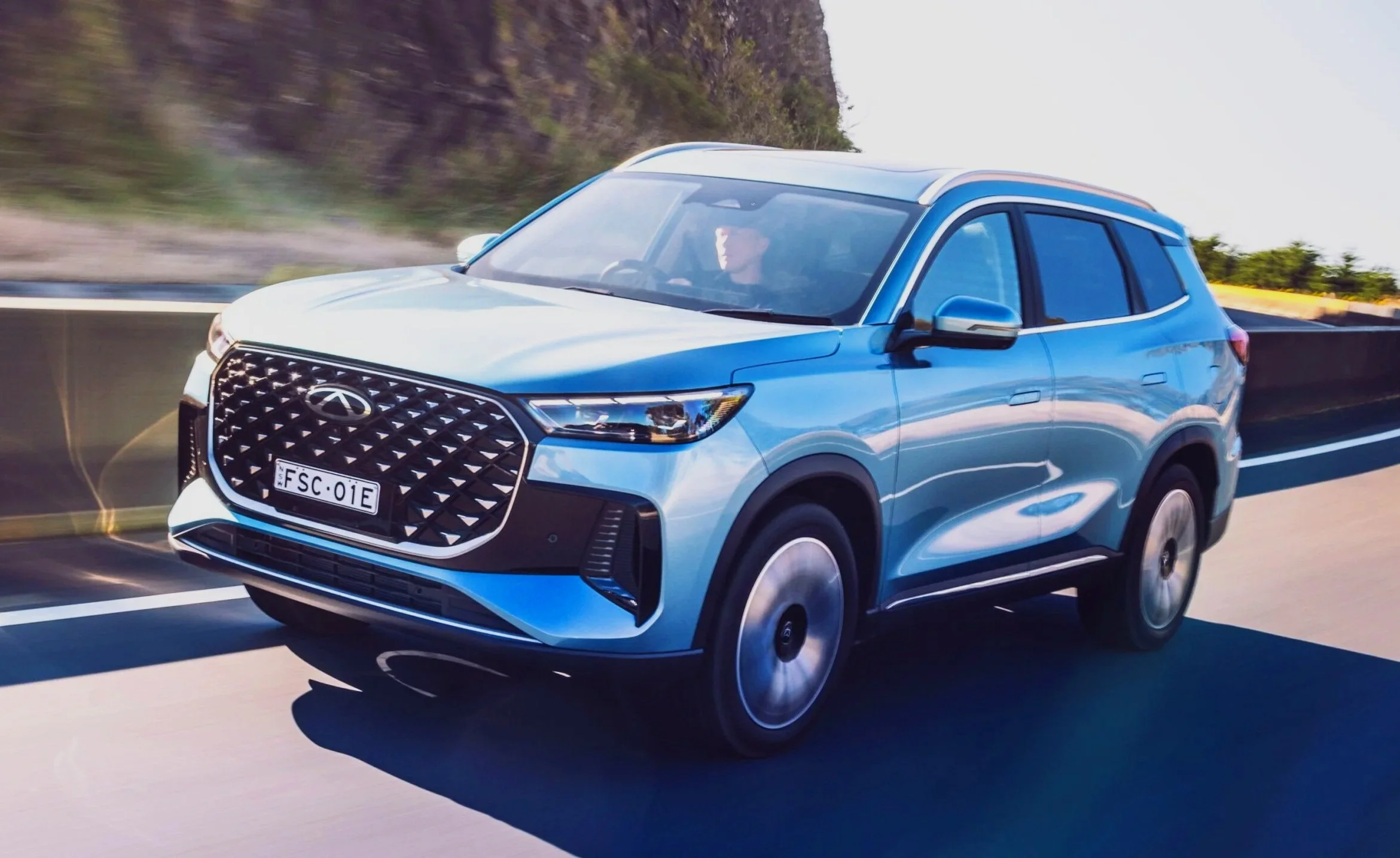
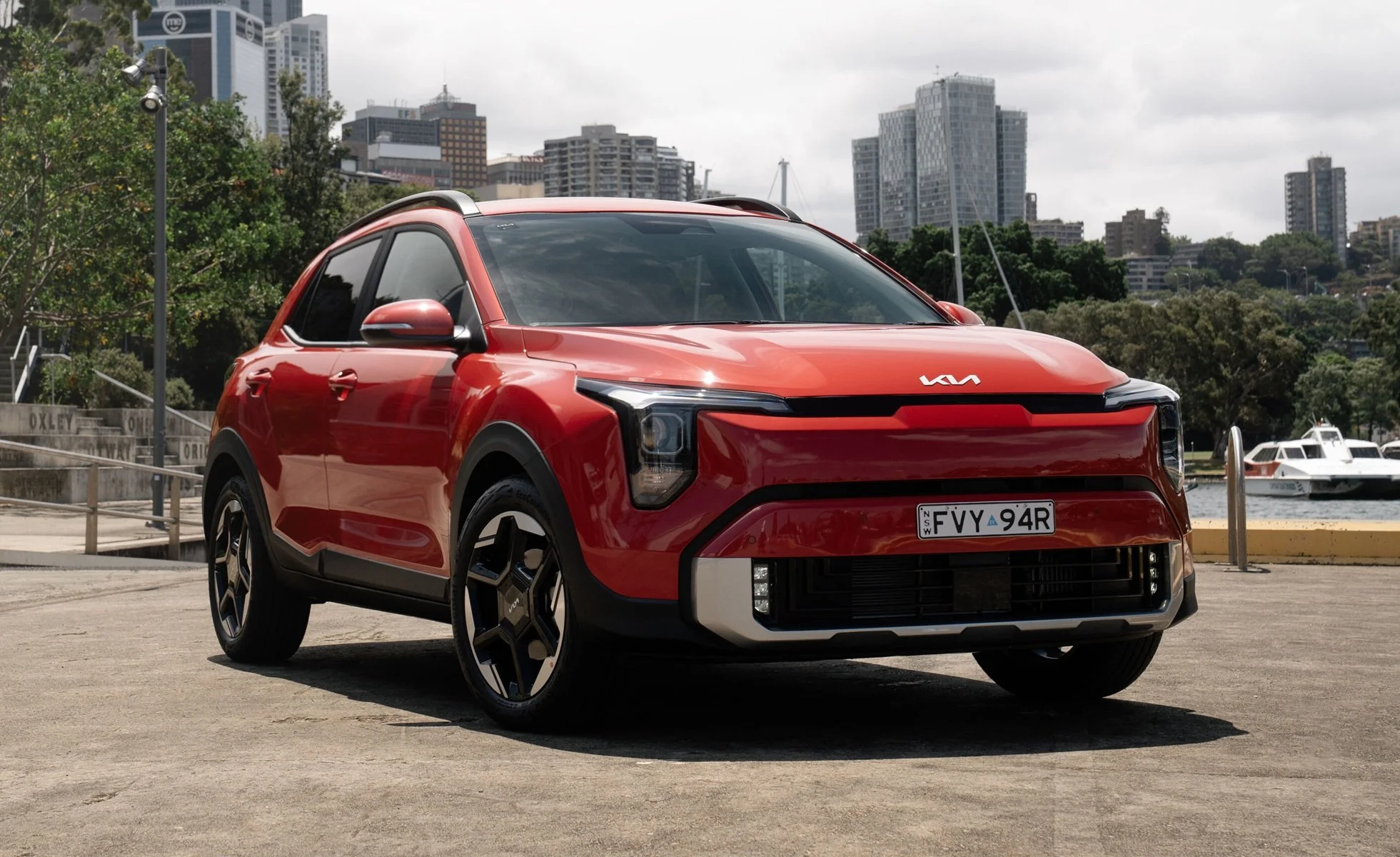

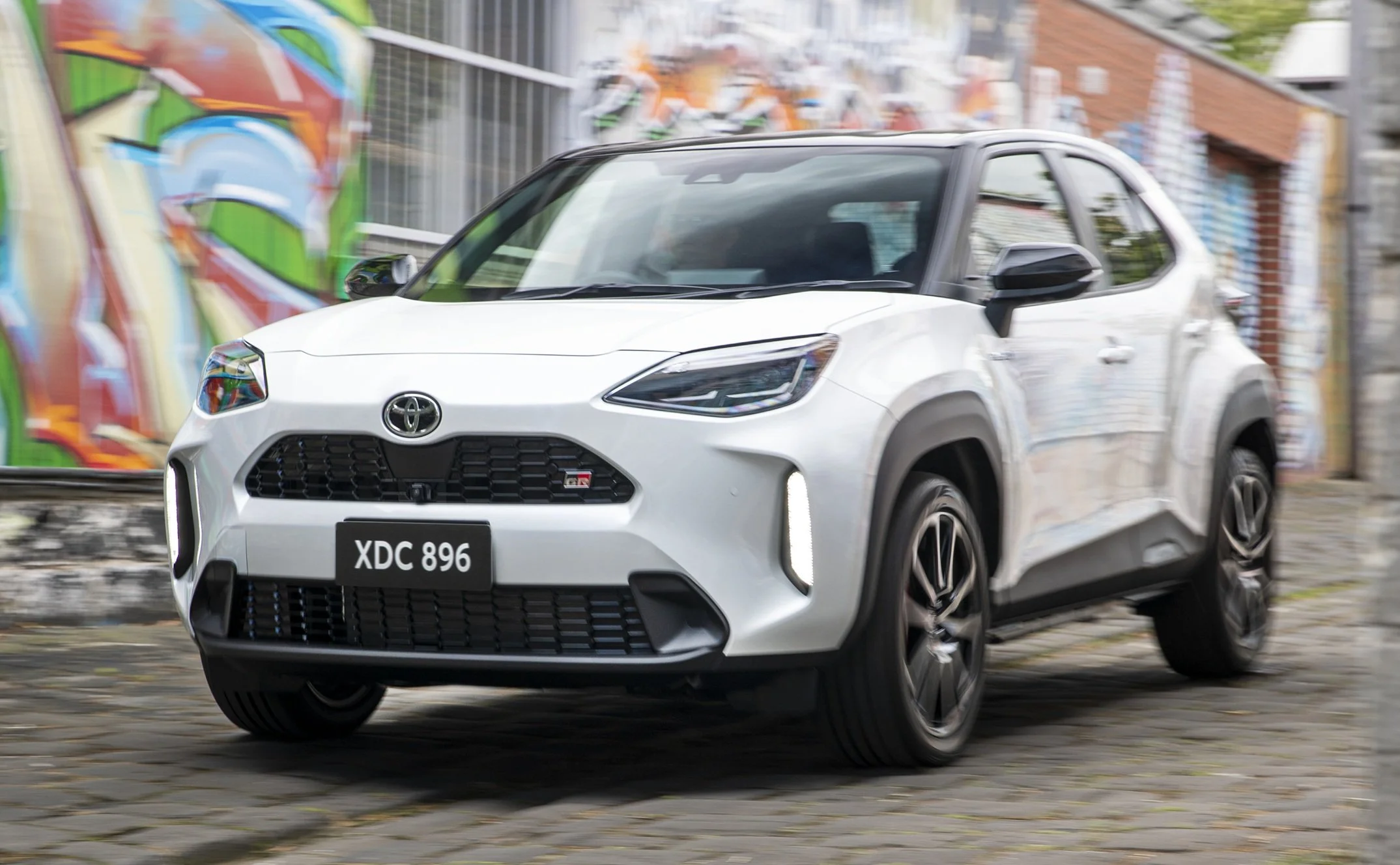


Just because a ute is cheap, that doesn’t mean it’s worth the money. Is the GWM Cannon more than just a cut-price Ranger wannabe? Can it offer towing, off-roading capability and robust design to compete with the big brand dual-cab utes like Hilux and Triton?